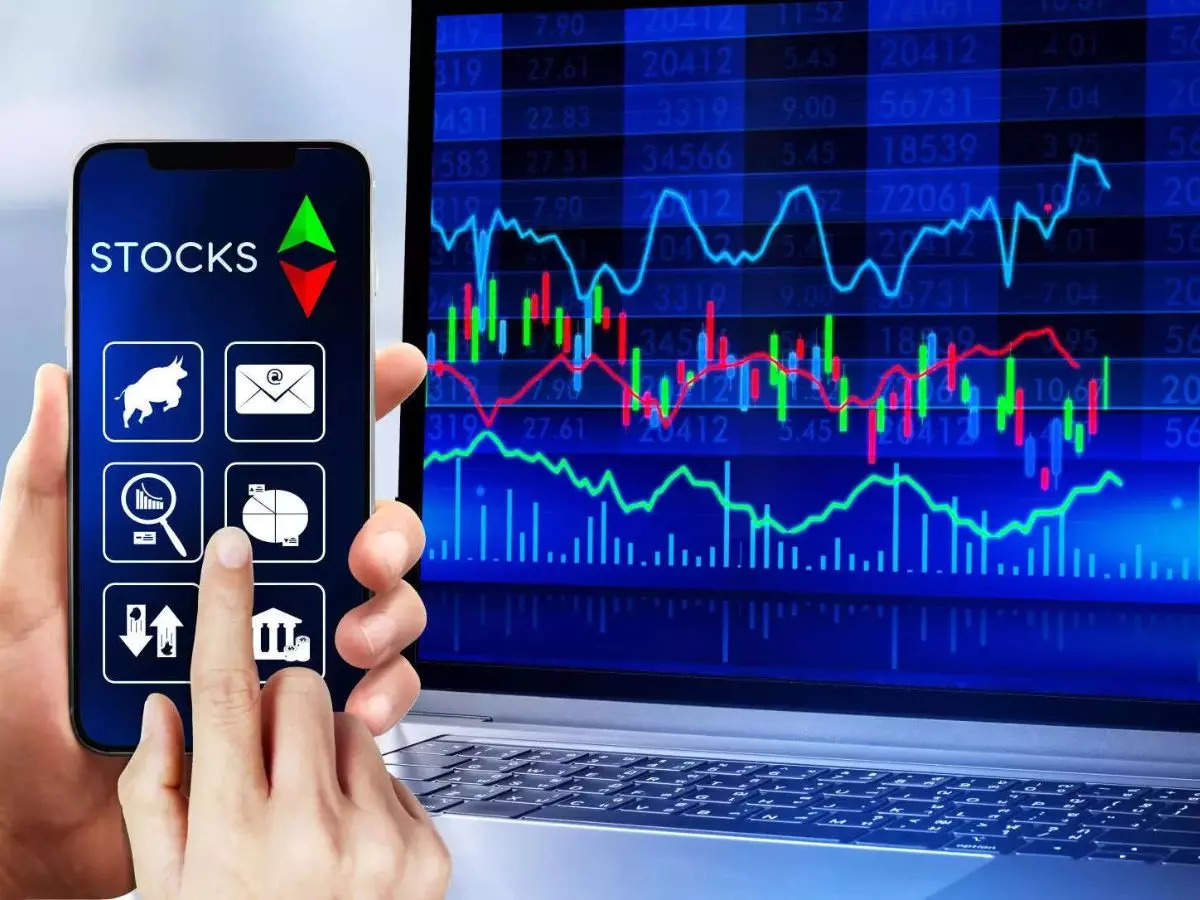Exchange Traded Funds (ETFs): A must have in the portfolio
Even though contributions by Employees’ Provident Fund Organisation (EPFO) account for the majority of assets in ETFs, individual investors have been increasing their allocations in ETFs.
(ETFs) have emerged as one of the most invested investment products in the past three years. This is reflected in the very growth of the Asset under Management (AUM) of these schemes. The AUM of these schemes (excluding gold ETFs) grew to Rs 6.44 trillion as on February 29, 2024 from Rs 2.73 trillion three years ago, according to the data released by Association of Mutual Funds in India. Even though contributions by Employees’ Provident Fund Organisation (EPFO) account for the majority of assets in ETFs, individual investors have been increasing their allocations in ETFs. At a time when valuations of the broad market indices are not cheap and generating alpha has become a challenge, investments in ETFs could be a sensible alternative. Here is why it makes sense to have an exposure to ETFs in one’s :ETFs in India are usually passively-managed schemes. ETFs track an underlying index which comprises , or . The investment objective of ETFs is to generate returns in line with that delivered by the index, before fees and the tracking error. For instance, an investor who invests in an ETF tracking the Nifty 50 index is expected to enjoy the same returns that is generated by the Nifty 50 index.
An advantage of investing in ETFs is the wider universe of investment choices. ETFs track indices based on market capitalisation–large-cap, mid-cap and small-cap. There are ETFs which are focused on sectors or themes. These include sectors such as auto, FMCG or themes such as manufacturing or infrastructure are a few examples. There are ETFs tracking benchmarks comprising stocks of companies scoring high on quality or value factor.
ETFs eliminate risks associated with a fund manager’s calls going wrong. A fund manager’s role in ETFs is restricted to mimicking an underlying index. Also, ETFs charge very low expenses compared to actively-managed schemes. ETFs tracking the Nifty50 index charge as low as three basis points.
In the long run, as markets turn efficient, opportunities to generate alpha—returns higher than a benchmark index—is expected to be scarce. Consistent outperformance by an active fund manager becomes a daunting task. In the past five years ended June 30, 2023, 92.86% actively-managed large-cap equity schemes underperformed the S&P BSE 100 index – a large cap equity index—showed SPIVA India Scorecard – Mid Year 2023 report. In this context, ETFs could emerge as the most effective investment vehicle offering asset class exposure and market returns.
Another advantage of investing in ETFs is the simplicity of the product itself. ETFs focusing on large-cap indices such as the S&P BSE Sensex, the Nifty 50, and the Nifty Next 50, can be bought in the core equity portfolio of an investor. As these are simple products, they can be easily understood and a first-time investor can start her investment journey with them. Large-cap indices are widely tracked and they constitute many strong companies capable of creating wealth in the long term.
An investor can transact in the units of the ETFs on a stock exchange, by placing buy and sell orders on the stock exchange, just like she does while transacting in stocks. ETFs also work for positional traders. For example, a trader can buy an ETF tracking commodities index if she is bullish on commodities. Even otherwise, traders can park their capital in the units of large- cap focused ETFs and avail margin against them for their trading needs. This approach ensures that their capital remains employed and they do not miss those days when the markets move up fast. Margin availed by traders allows them to initiate trades as and when they want.
Aggressive traders in derivatives sometimes use ETFs that track benchmarks comprising bonds, when they want to diversify. Positional traders do allocate some money to gold ETFs when they anticipate a short-term volatile phase in the market to lower the overall volatility of the portfolio.
Given these facts, ETFs can be an effective way to take exposure to various asset classes and gain from appreciation in them.
(The author of the column is the founder and CEO of SAS Online – a deep discount stock broker)
Source: Stocks-Markets-Economic Times
